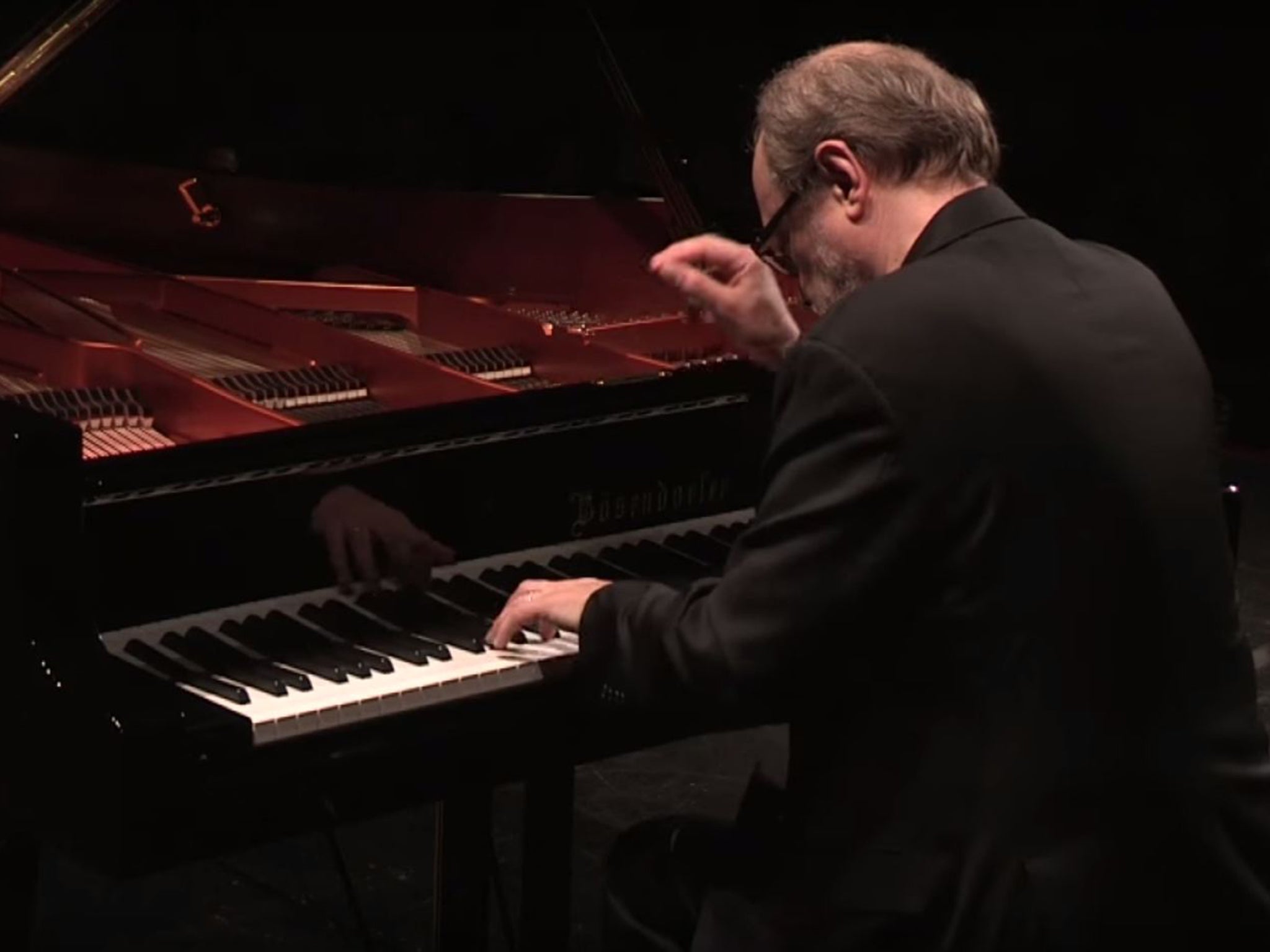Prom 36, Royal Albert Hall, review: Marc-Andre Hamelin dazzles in Ravel's left-hand concerto
Hamelin found the ideal touch and tone for a piece with a fascinating story

Your support helps us to tell the story
From reproductive rights to climate change to Big Tech, The Independent is on the ground when the story is developing. Whether it's investigating the financials of Elon Musk's pro-Trump PAC or producing our latest documentary, 'The A Word', which shines a light on the American women fighting for reproductive rights, we know how important it is to parse out the facts from the messaging.
At such a critical moment in US history, we need reporters on the ground. Your donation allows us to keep sending journalists to speak to both sides of the story.
The Independent is trusted by Americans across the entire political spectrum. And unlike many other quality news outlets, we choose not to lock Americans out of our reporting and analysis with paywalls. We believe quality journalism should be available to everyone, paid for by those who can afford it.
Your support makes all the difference.Pianist Paul Wittgenstein, brother of philosopher Ludwig, was quite a guy. His response to losing his right arm in World War One was not to wallow in self-pity, but to work like crazy on his left-hand technique, and commission left-hand concertos from the best composers of the day. But if he didn’t like them, he didn’t play them: he never played Prokofiev’s. When Ravel played him the solo part in his own concerto, Wittgenstein disliked that too, and though he later softened towards it, he insisted on playing it in a way Ravel didn’t like.
Marc-Andre Hamelin was the soloist in this with the BBC Symphony Orchestra under Francois-Xavier Roth, and – if I may be permitted a horrible pun – he made a brilliant fist of it. Since the work dwells largely in the piano’s smoky lower regions, Hamelin found the ideal touch and tone, but his lyrical flights and virtuoso cascades had such richness and amplitude that one completely forgot it was all from just one hand. His two-handed Debussy encore had lovely grace and power.
This Prom revealed more of Edward Blakeman’s inspired juxtapositions, with Boulez’s ground-breaking Figures-Doubles-Prismes followed by the same composer’s orchestration of Ravel’s intricate Frontispice, after which we wound up with Stravinsky’s Firebird. The orchestral playing was exemplary throughout.
Join our commenting forum
Join thought-provoking conversations, follow other Independent readers and see their replies
Comments